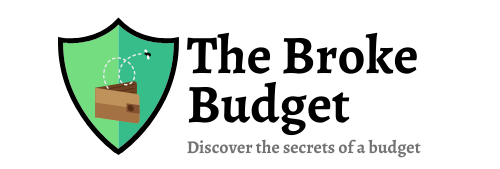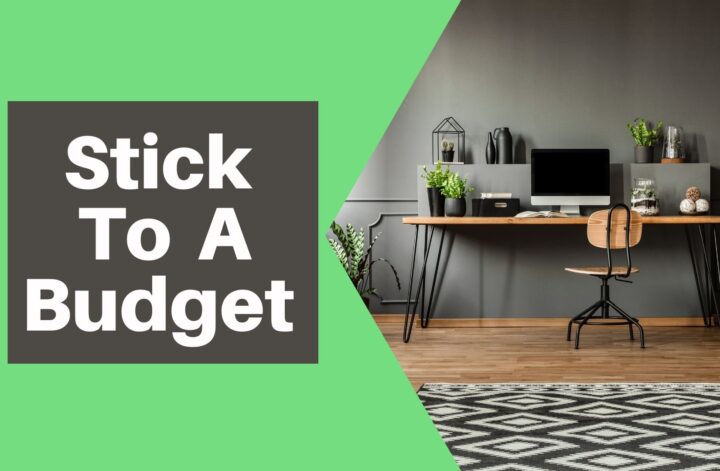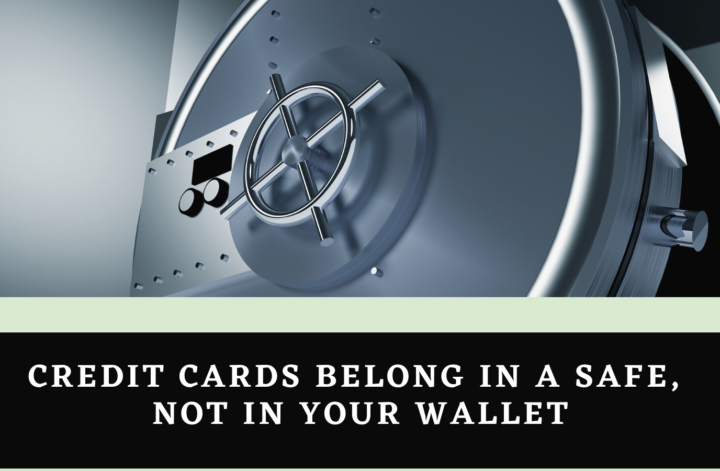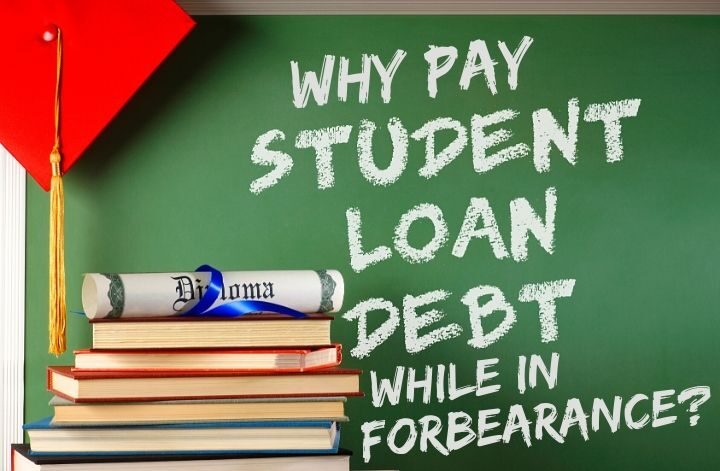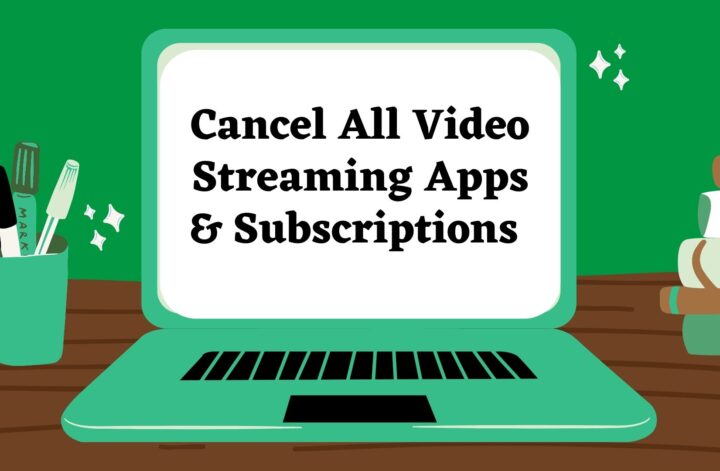If you want to stop living paycheck to paycheck, find debt freedom, build wealth, and give generously without worrying about your finances then you need a budget.
Really everyone needs to make a budget but it sounds like such a scary thing to do. Not only does it seem overwhelming to do but if you actually look at your finances you might find negative balances, massive amounts of debt, and overall poorly planned financial decisions. However, I don’t want you to think of it as something that is negative. I want you to think of this as your starting point to a better financial future.
The first step in achieving your financial dreams is to make a list of everything you owe in debt, your current monthly income, and your normal monthly expenses. You can do this by looking at old bank statements, your credit report from all three credit bureau’s, and all of your open debt accounts (e.g. credit cards, car loans, personal loans, etc.). This takes some time but it is time well spent. Write down all the balances individually and you can add them up later.
The next step is to start listing out a budget for the next month. You can use the FREE Excel and Google Sheets template from The Broke Budget or you can make your own.
Start with your actual take home pay. Make sure you are not counting all the taxes and deductions that get pulled prior to you seeing the money in your bank account. For example if you think you get paid $400 a week you may actually be getting $357 because of your 401K and taxes. Use the $357 amount instead of $400 to get the most accurate budget.
Next begin listing your expenses, starting with your essentials. Understanding the difference between essentials and wants is necessary for financial wellbeing. Essentials would include: shelter, utilities, groceries, healthcare, insurance, and transportation. You would take care of these first before you start budgeting in your wants (e.g. salon haircut, video game, video streaming apps, etc.).
You need to budget in your minimum payments towards debt before you consider your wants as well. It is important for you long term to keep your debt payments current. Depending on how intentional and hard core you want to be with your financial goals. You could leave no room to very little room for your wants at this point. That is up to you but you should try to stay current on all of your debt payments at the very least.
Lastly consider your saving goals and budget those in. When it comes to making a budget saving is considered as an expense when you are putting money away for something. Those savings then become an income source once you are ready to spend that money. This is how you can insure that you don’t touch the savings until you are ready to use them.
You will need to develop a new budget each month because there are many factors that can change from month to month (e.g. holidays, birthdays, car & home repairs, etc.). It will take about three months before you will get the hang of it and get all of your numbers right. Don’t let it frustrate you, just give it time. Learn from the process and don’t be afraid to change the numbers as you realize you overbudgeted or underbudgeted a category.
What makes the budget helpful is you are telling your money where you will spend it before you actually spend it. So that you can reduce overspending and increase areas where you want to reach a certain goal (e.g. payoff debt, increase emergency fund, etc.). The key to achieving the goal of budgeting is to write down your actual spending and income throughout the month.
It would be a waste of your time if you spent hours making a budget to not follow it. Make the commitment to follow the budget or if it was inaccurate adjust it along the way.
I suggest checking in on the budget every time you want to make a purchase. Decide if it is within your budget and if it is worth paying for at the cost of your other financial goals. It may sting a little in the moment if you decide it is not worth it but your future self will thank you.
If you decide it is within your budget then make sure you update your numbers on how much you spent. If you update your budget with every purchase or if every day you checked in with the budget, it will become easier over time. If you do something everyday it will become a habit if you give it enough time. That is the best way to stick with a budget is to make it a habit.
It seems overwhelming at first to make a budget but with the right tools and little bit of time you can do it. It takes time up front but once you get in the groove you will be able to budget more easily and it will become a way of life. It is the best way to know where your money is going, see progress in your financial goals, and make intentional money decisions for a better future.
Get started on making your budget today with our FREE Broke Budgeting Template. Check out the following video for a step by step guide on how to download the template and start filling it out.
